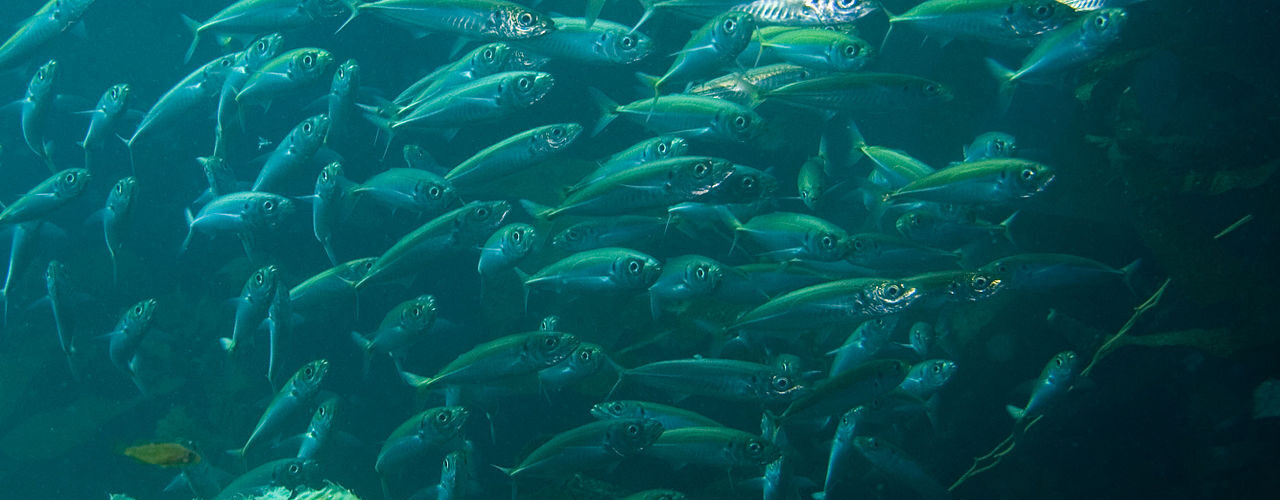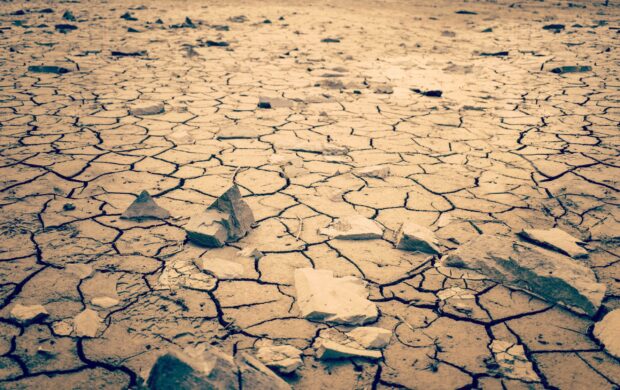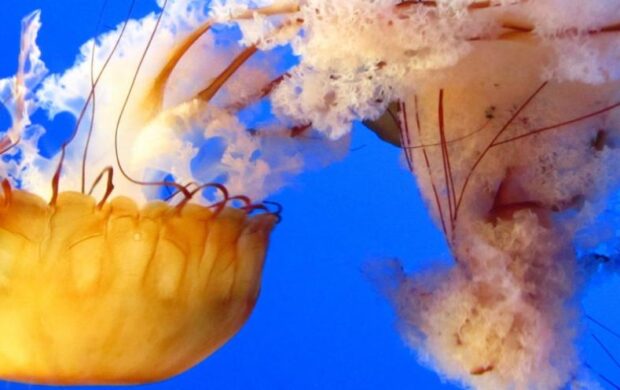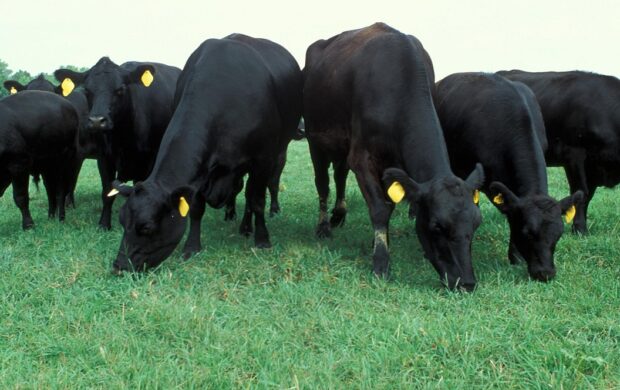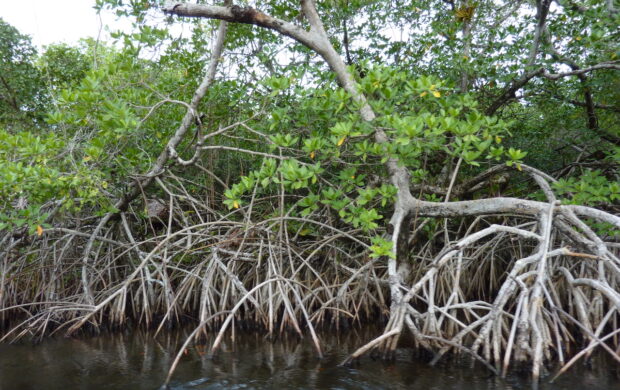A study published in the journal PLOS ONE predicts that marine species along North America’s Atlantic and Pacific continental shelves could be forced north by as much as 1,000 kilometers in response to warming seas. Researchers modeled thermal habitats for 686 invertebrate and fish species and paired them with 16 general circulation models to forecast species distribution along North America’s continental shelves according to different greenhouse gas emissions scenarios. The models generally agreed that species migration was highest along the U.S., Canadian Pacific northwest, with many species migrating upwards of 1,000 kilometers under “high” greenhouse gas emissions scenarios. With some variation, the models also generally agreed that nearly all of the species under study would migrate poleward – north.
